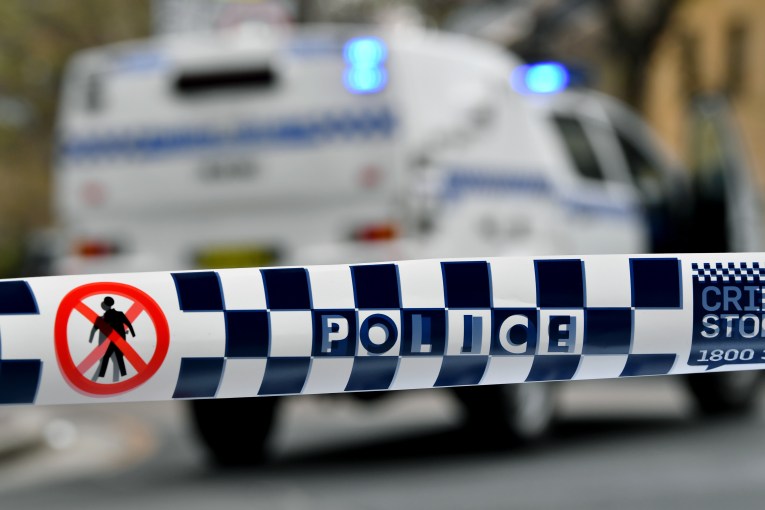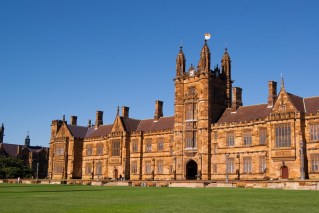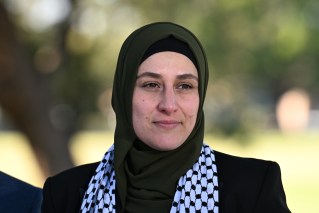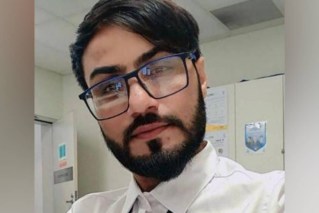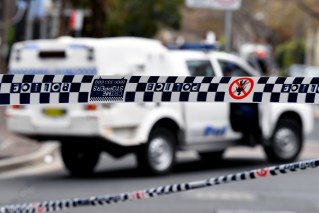Sydney bio-hacker has travel card implanted into hand

Meow-Ludo says he now never has to worry about his Opal card being lost or stolen. Photo: ABC
If you have ever been caught fumbling for your Opal card at the ticket gate, a Sydney man may have found the solution.
He had the chip from an Opal card inserted into his hand and is now tapping on using the technology that is implanted underneath his skin.
Bio-hacker Meow-Ludo Disco Gamma Meow-Meow, his legal name, had the Opal near-field communication (NFC) chip cut down and encased in bio-compatible plastic, measuring 1 millimetre by 6 millimetres.
He then had the device implanted just beneath the skin on the side of his left hand.
“It gives me an ability that not everyone else has, so if someone stole my wallet I could still get home,” he said.
He is able to use the Opal just like other users, including topping the card up on his smartphone.
However, his hand needs to be about 1 centimetre from the reader, closer than traditional cards, and he sometimes needs to tap more than once, due to his device’s smaller antenna.
“My goal is to have frictionless interaction with technology,” he said.
‘Don’t try this at home’
Meow-Ludo had his device implanted by a piercing expert, in a procedure lasting approximately one hour.

Meow-Ludo using the microchip in his arm to tap on. Photo: ABC
He warned others not to do the same without expertise and research.
“Most certainly don’t try this at home unless you know what you’re doing,” he said.
Meow-Ludo said there was a risk of bacterial infection whenever anything was implanted beneath the skin, so it was important to consult professionals.
“Be aware of the risks involved and make a wise judgement based on that.”
He also said his actions were a breach of Opal’s terms of service, which prohibit tampering.
“It will be really interesting to see what happens when the first transit officer scans my arm,” he said.
‘This is the future’
Meow-Ludo does not believe his implant was very radical.
“Putting technology into the body is not unusual,” he said.
Implants like pacemakers for heart conditions and intrauterine devices (IUDs) for birth control are now widely used and the Sydney scientist said his device was a natural extension.
“While one might be for birth control, which we’ve decided is pretty OK, this one is to make catching public transport easier.”
Meow-Ludo had his Opal implant custom-made by a US lab, Dangerous Things.
He has two other NFC implants in his hand and arm, including one that he keeps documents on.
He said NFC implants could be widely used in the future, particularly when a person’s identity needs to be proven.
“You’ll see it in parole, in nursing homes where people are unable to divulge medical details,” Meow-Ludo said.
“If I could go to a government department and swipe my hand, that would make accessing these services a lot easier.”
-ABC
